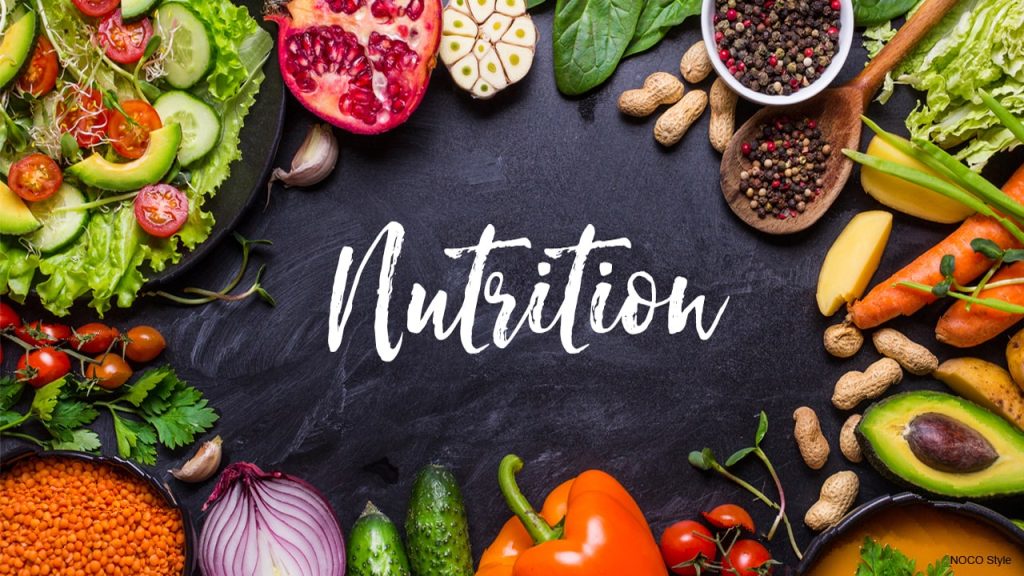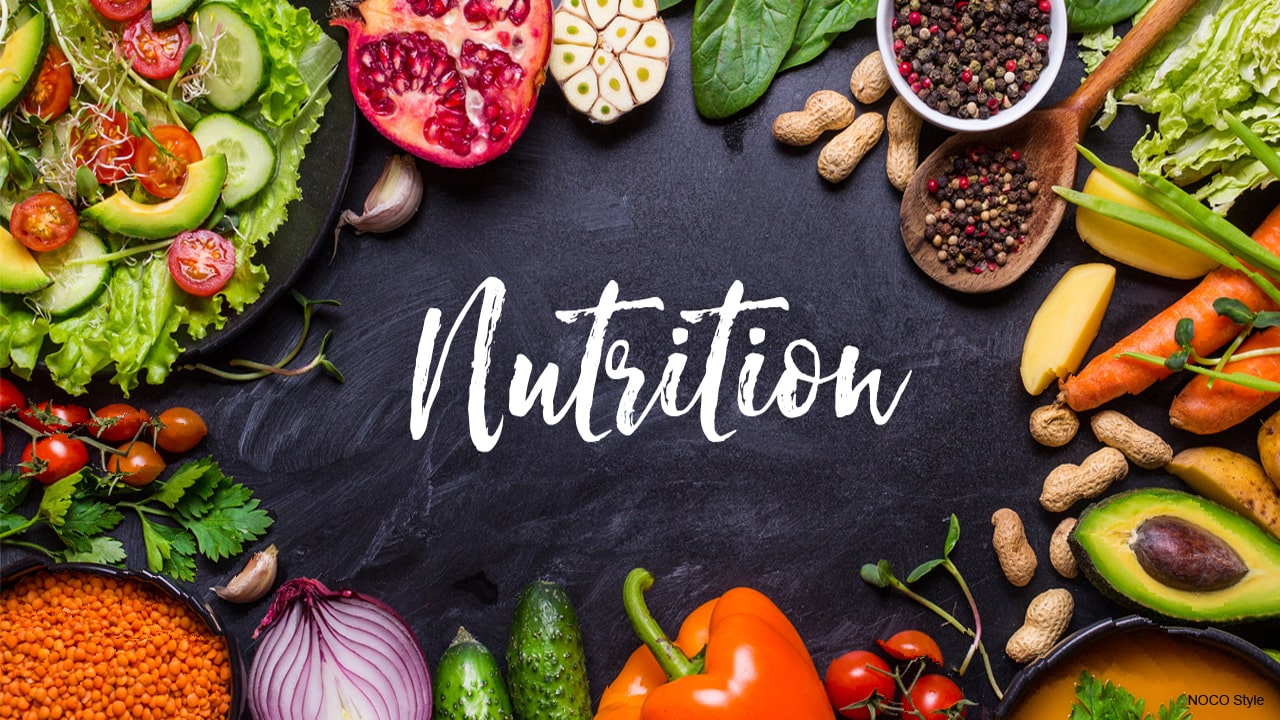
In a recent discussion with a client who was exploring intuitive eating, they posed the question, “This seems promising, but what about my weight?”
If you’ve hesitated to delve deeper into intuitive eating or to mend your bond with food due to concerns about weight changes, rest assured, you’re not alone. It’s not unusual to feel apprehensive about potential weight fluctuations when we consider letting go of strict dietary rules. This topic is a frequent discussion with my clients, irrespective of their familiarity with intuitive eating. Let’s delve into this weight-related anxiety, understand its origins, and explore ways to handle these concerns while on your path to a harmonious relationship with food and body.
Concerns Regarding Weight Gain
“IS IT POSSIBLE TO EMBRACE INTUITIVE EATING EVEN IF I’M WARY OF WEIGHT GAIN?”
Absolutely! The aspiration to lose weight is conditioned in us due to society’s strong focus on body weight and prevalent fatphobia. It’s unrealistic for anyone to instantly embrace every aspect of their physique or abandon deep-rooted perceptions about weight overnight. However, these feelings can evolve over time.
When queried about the fate of your weight once you cease dieting, the genuine answer is: it’s unpredictable, both for you and me.
There’s no certainty about where your weight might stabilize without dieting. This ambiguity can indeed be unsettling. Society has been constantly feeding us the narrative that controlling weight is both feasible and obligatory. And if it’s unattained, it’s because “you’re not putting in enough effort or following the correct regimen.” This misleading narrative unfairly places the onus on individuals, insinuating that maintaining a particular weight is an ethical duty, and not achieving it is an individual’s shortcoming, rather than the inefficacy of the diet itself.
Evelyn Tribole, a renowned dietitian and co-author of Intuitive Eating, aptly commented: “In the weight loss business, when a product fails to deliver, the consumer is blamed, not the product.”
In simpler terms: The problem lies in the diet, not you!
WHAT CAUSES THE ANXIETY ABOUT WEIGHT CHANGES?
Time to dissect this. Reflect on your past experiences with diets. Were you ever truly in command of your weight? Data suggests that diets often lead to cyclical weight patterns, characterized by weight loss followed by gain, rather than enduring weight loss.
If you’ve managed to lose weight or felt empowered by dieting, at what expense did it come? Was your social life compromised? Did you feel restricted or overwhelmed by certain foods? Did food-related guilt or anxiety become familiar feelings?
Despite diets promising simple, lasting weight modifications, the reality is often the polar opposite. Instead of real results, diets market the illusion of control, complicating our relationship with weight, body image, and food.
The underlying trepidation of weight gain stems from the misconception that one can precisely calibrate their weight. Additionally, there’s a misplaced onus on individuals to maintain a specific weight, and not doing so is perceived as a personal flaw. But, this fault is rooted in misleading diet norms, not the individual. Another source of this anxiety might be deep-seated societal biases about body sizes. We are conditioned in an environment that glorifies slimness and treats individuals differently based on their physique. However, it’s crucial to acknowledge that every individual, regardless of size, is worthy of respect. This principle is foundational to the Health at Every Size® movement.
There’s complexity in our rapport with food, body, and weight. Unraveling these intricacies and reassessing their origins is pivotal in understanding your body.
Upon closer inspection, you might notice that most messages surrounding non-dietary approaches predominantly come from a specific demographic: young, slim, white, able-bodied women. Broadening your perspectives and witnessing diverse body types exuding confidence and happiness is a powerful counter to entrenched beliefs. Remember, it’s a journey of both learning and unlearning.
Ask yourself:
- What’s the source of my weight gain concerns?
- Why do I prioritize slimness?
- How do I perceive individuals with larger bodies?
- Why would my self-worth diminish with a size increase?
- How do these beliefs affect me? Do they align with my core values?
“SO, HOW DO I RECONCILE THESE FEELINGS WHILE FOSTERING A HEALTHY RELATIONSHIP WITH FOOD AND MY BODY?”
You’re already on the right track! Reflecting on these concerns and understanding their origins is an integral part of your journey. If you’re at the onset, it might be helpful to deprioritize weight loss. This allows you to explore other progress metrics.
It’s natural to have apprehensions about weight. Addressing these concerns with professionals like therapists or dietitians can be beneficial. Current diet narratives keep us perpetually future-oriented, linking worthiness with weight loss.
By moving weight loss concerns to the periphery, you can begin to appreciate your body in its present state. Think about the immediate joys and goals you have, irrespective of your body’s transformation.
Finally, introspect on the core reasons behind the weight loss desire. More often than not, the underlying desire isn’t merely a smaller body, but the longing for love, respect, value, and acknowledgment. Society may condition us to believe that these are conditional based on size. However, that’s far from the truth.
It’s okay to be wary of weight gain, but it doesn’t have to dominate your life indefinitely.




